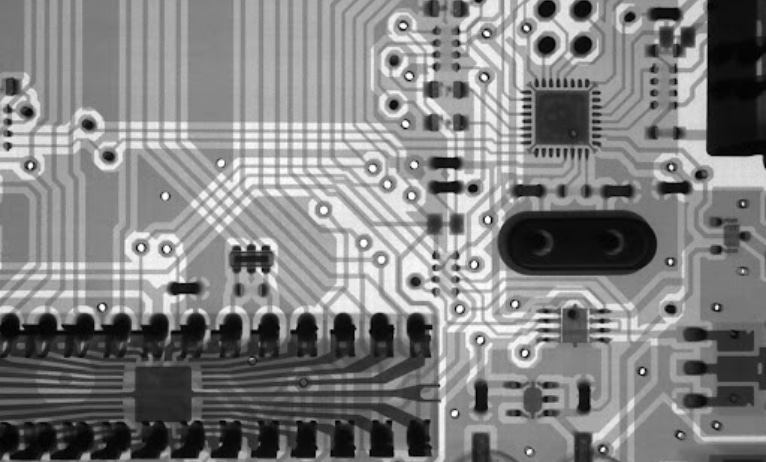Constant innovation is one of the major drivers of growth in blockchain and cryptocurrency. Notably, Bitcoin Spark, a new entrant in this space, introduces the Proof-of-Process (PoP) technology, which crypto watchers say could trump Cardano’s blockchain.
Cardano news
The team responsible for MuesliSwap, a decentralized exchange built on Cardano, has taken a significant step to address concerns surrounding high slippage encountered by users over the past year. Acknowledging their shortcomings, the team openly admitted that they had not provided sufficient clarity regarding the slippage feature embedded within their protocol. This oversight resulted in users experiencing financial losses due to unintentionally setting slippage too high. This comes at a time when users have been highlighting slippage issues on Cardano DEXs; some suggest that completing a large trade on any Cardano DEX is subject to colossal slippage, significantly diminishing the trader’s value.
Cardano price prediction
Currently, two significant factors will affect the Cardano (ADA) price. ADA being labeled a security by the SEC has created uncertainty, resulting in a bearish sentiment. And considering the SEC vs. Ripple case duration, this case could continue for years. Also, potential interest rate hikes this year by the Federal Reserve might lead to decreased ADA purchases, impacting prices further. Given these bearish factors, ADA might struggle to maintain its support and could revisit its previous bear market resistance at $0.1123.
Bitcoin Spark: Bringing new technology to the blockchain
Bitcoin Spark is a hard fork of Bitcoin (BTC). As such, it retains some of the features of the original cryptocurrency, such as mining and a maximum supply of 21 million. However, the project introduces several enhancements to address Bitcoin’s limitations while carving out its path.
While Bitcoin Spark has improvements to boost transaction speed and lower gas fees, its first-to-market consensus mechanism, Proof-of-Process (PoP), is most striking. This new technology is a cross of Proof-of-Work (PoW) & Proof-of-Stake (PoS) elements. Miners must provide a stake in the network, just like PoS blockchains. They are also required to provide their mining devices’ processing power to confirm blocks and earn mining rewards.
The processing power provided is rented out to the network’s clients as remote computing power for high CPU or GPU load tasks. This is the PoW aspect of Bitcoin Spark’s consensus, ensuring that the energy consumed has actual use. The PoP is used with an algorithm that limits linear rewards based on stake size or raw processing power to distribute the rewards more equitably among smaller and larger miners.
The Bitcoin Spark development team has ensured low power consumption and the work required to verify blocks. They will provide an easy-to-use mining application that can be installed on Windows, Android, iOS, Linux, and Mac OS, opening up BTCS mining to virtually anyone with a smart device. The processing will run through the devices’ CPU/GPU and RAM in an isolated environment that doesn’t affect or interact with any other part of the device to ensure security. It will limit the mining capability by regulating the computational power employed, considering concerns such as overheating, battery, and the need for concurrent usage.
The PoP rewards miners based on an algorithmic blend between their individual stake and the work done using their processing power but in a non-linear fashion. The rewards are skewed to be higher for work done versus stake size to prioritize the revenue-generating product. This is because the minting rewards reduce in line with various factors, including the revenue generated. If more revenue is generated, the minting endpoint moves further away. And since Bitcoin Spark will include other revenue-generating services, it could become a self-sustaining revenue network that constantly allows network participants to remain profitable with a limited supply.
Bitcoin Spark is in the second phase of its ICO, selling BTCS at $1.75 & offering a 15% bonus. The project has conducted KYC audits to ensure the security of the investors’ assets and guarantees Phase 2 investors a 657% increase in investments by launch day.
Conclusion
Bitcoin Spark (BTCS) has similarities with Cardano (ADA), such as a layered system that allows for better smart contracts and dApp development. However, Bitcoin Spark’s PoP technology could see it rise above.
For more information on Bitcoin Spark:-
Website: https://bitcoinspark.org/
Buy BTCS: https://network.bitcoinspark.org/register
Credit: Source link






























